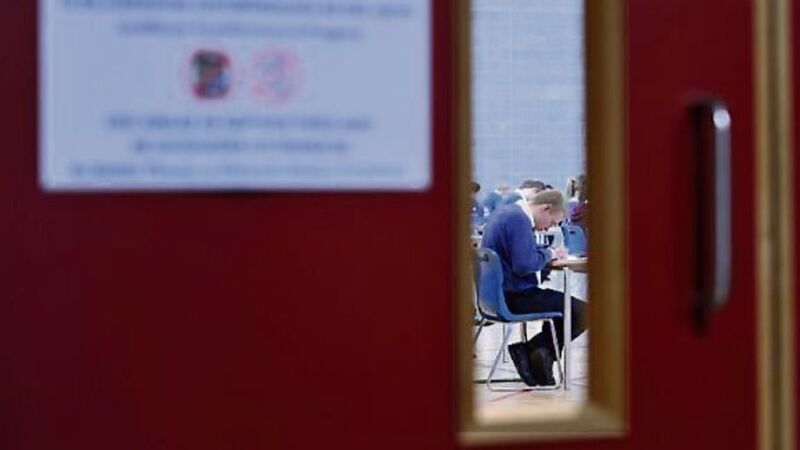Leaving Cert: Dept of Education to establish special unit to 'ensure fairness'

The Minister for Education has confirmed that the Leaving Certificate exam has been postponed this year.
"The medical advice that we've got is saying, quite clearly, that the expectation is that we will not be in a different place for all these exams as we had originally intended to," Joe McHugh said.










